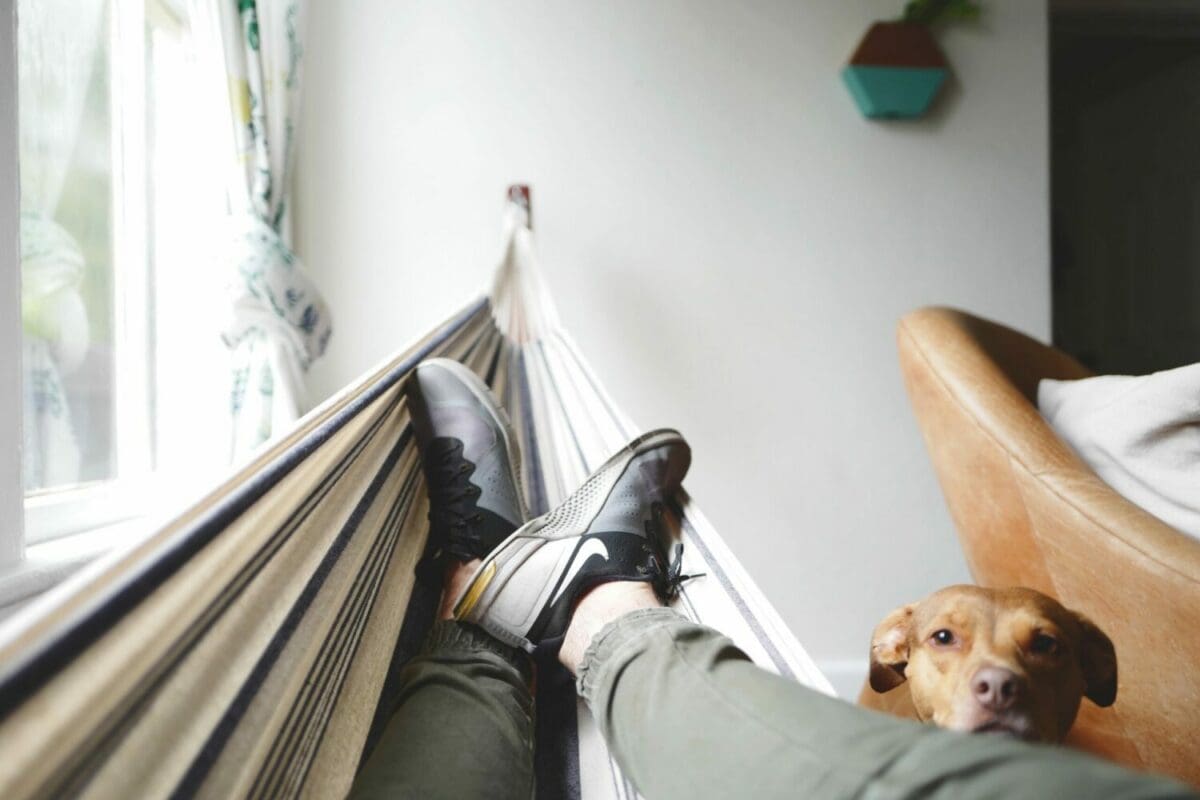
Taking a Break
April 2, 2021 in LINKS
Though we’re constantly on our computers, sometimes we need to have a brief distraction from whatever task we’re currently focusing on, whether to jump start our motivation or calm any stress that the assignment is causing. The reasons we’re working or need a distraction may vary, and just like needing distractions for different reasons, the things we seek out to relax and ease our anxiety differ from person to person.
It can be easy for these distractions to build up however, and before you know it, it’s two hours later and you’re deep into the social media feed of your choosing. The options below offer brief online distractions that shouldn’t last more than a few minutes. This way, you can get some quick me-time in before continuing with whatever task you have at hand.
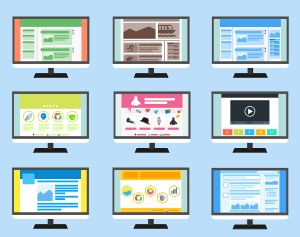
Want a complete escape? The website Do Nothing for Two Minutes from Calm.com wants you to do exactly that for, you guessed it, two whole minutes. The timer on the screen counts down the 120 seconds against a sunset sky, and if you try to move your mouse or keyboard, the timer starts over, making sure you don’t touch your computer for the duration. Obviously, it can’t stop you from going on your phone or talking to a friend next to you, but no cheating! Whether it be staring at the calming screen or closing your eyes, these two minutes should all be about doing absolutely nothing.
Want to think about what to eat for dinner? BuzzFeed’s Tasty is the most well-known cooking channel, popular for its quick videos preparing a variety of dishes that can take hours in a couple of minutes. It’s just one of several video channels that features food preparation against an aesthetically pleasing counter and catchy music; similar channels like Spoon University was created specifically for college students, and TasteMade has a whole playlist where food is made…but miniature in a tiny “kitchen.” Be careful though, because though they are short, it’s easy to build them up and watch them in succession. And of course, it can make you really, really hungry.
What do you do for distractions when you take a break from assignments? Do you think breaks are needed, or do you prefer to completely finish your work before doing something else?

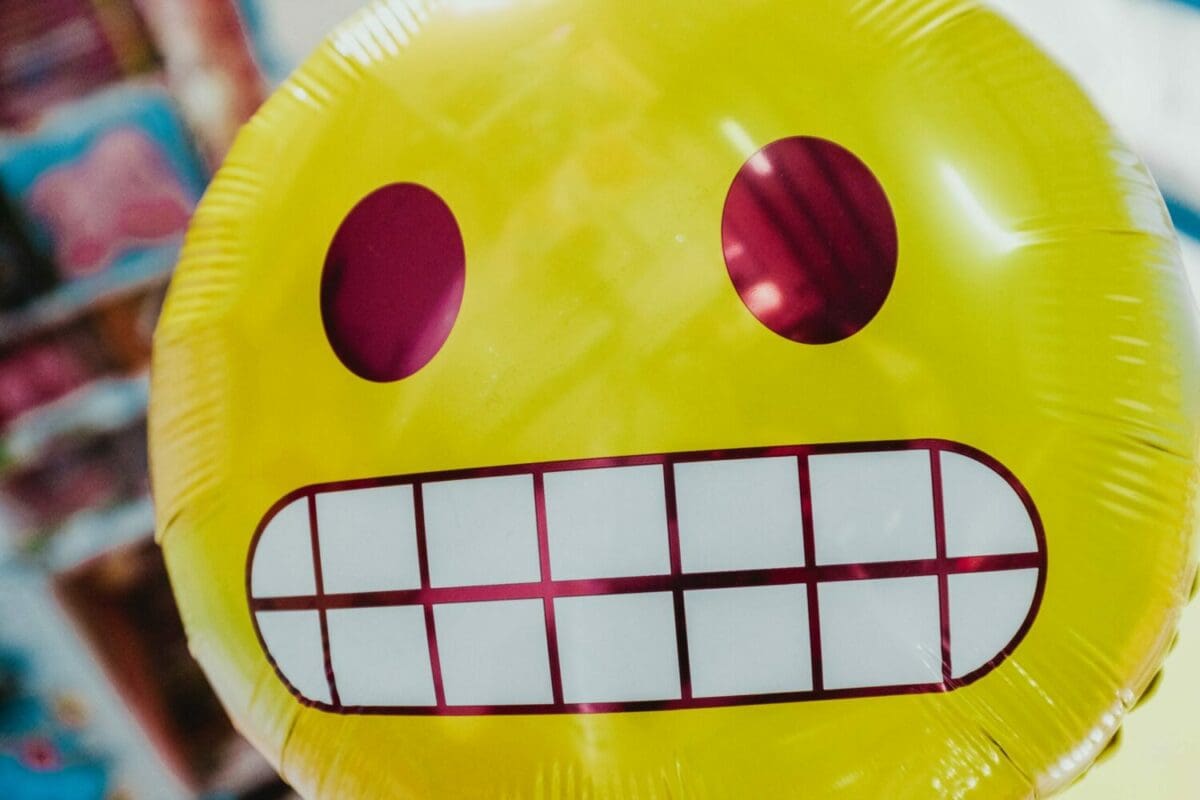
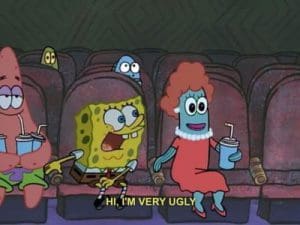
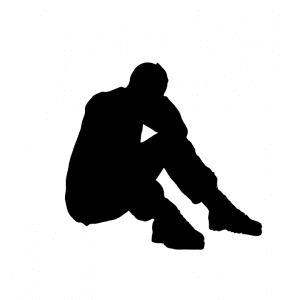
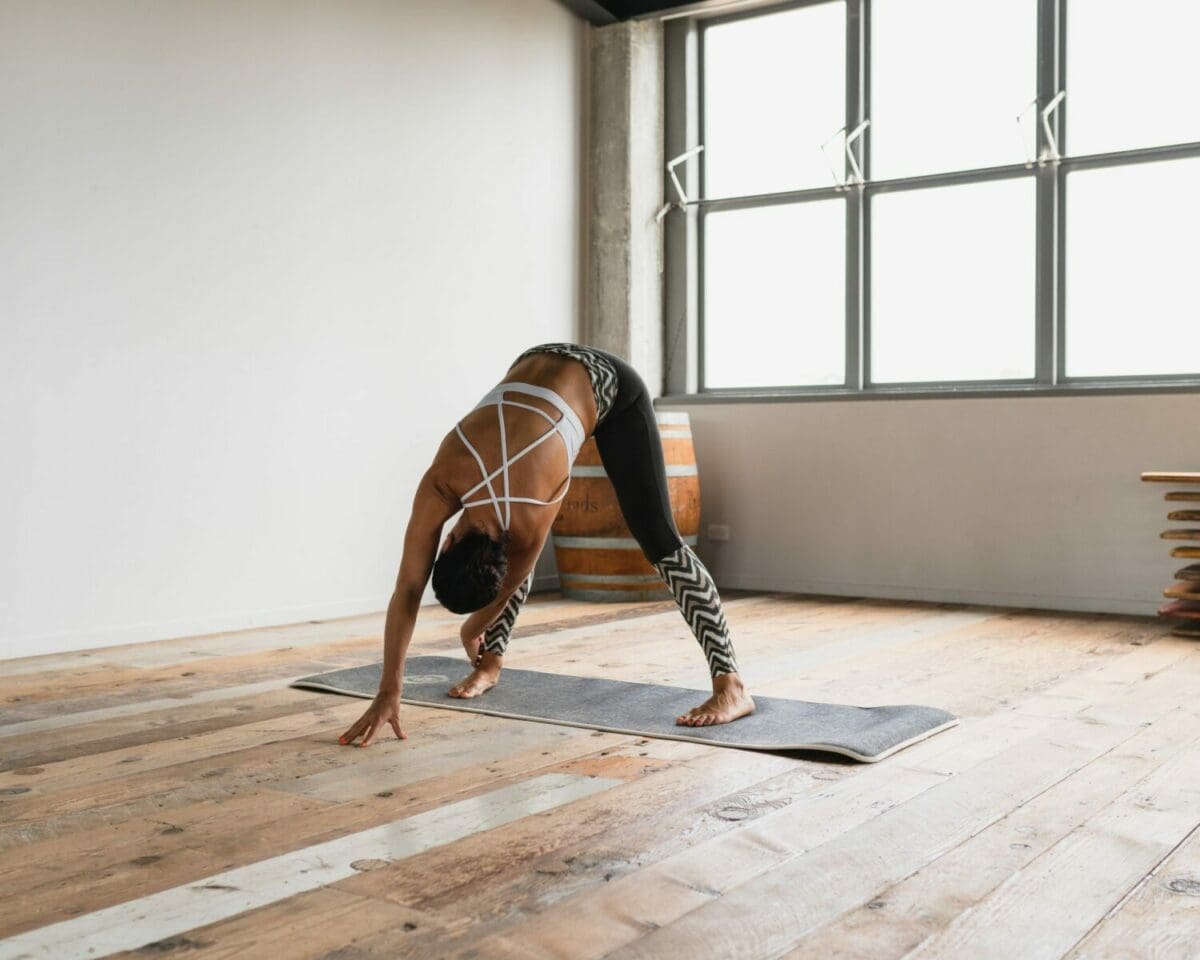
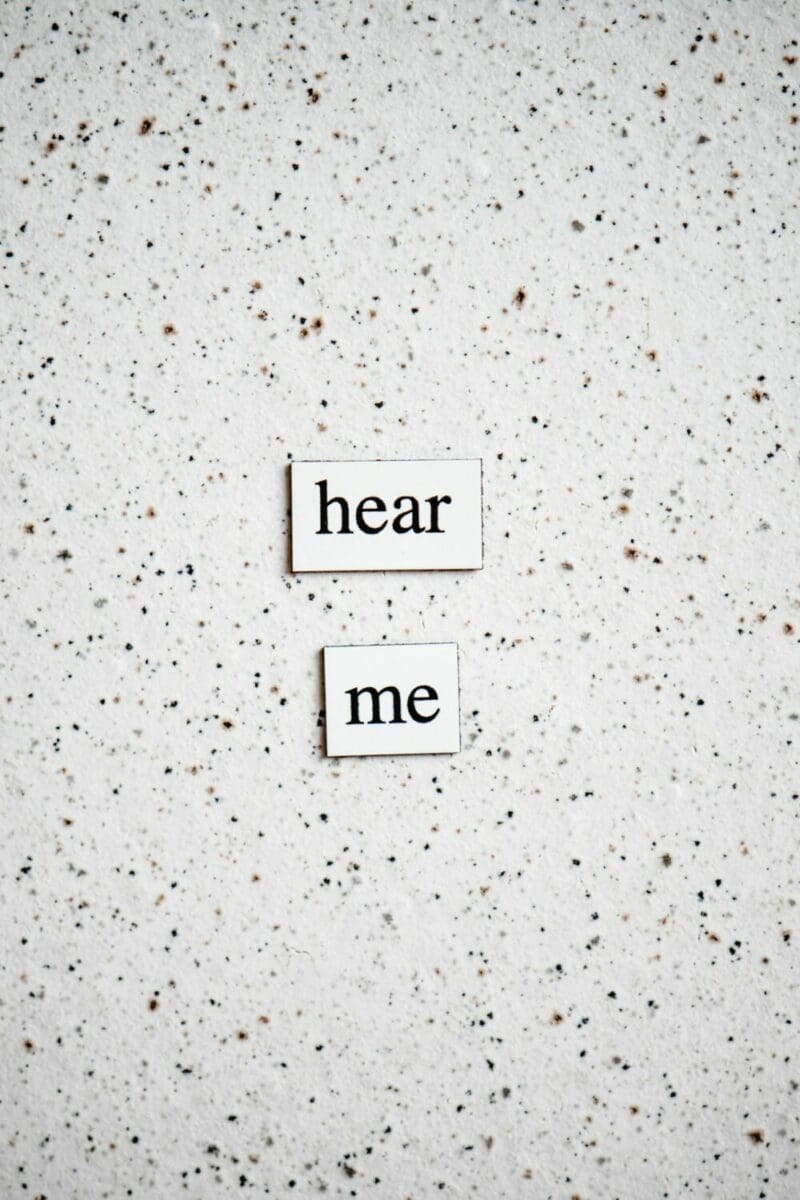
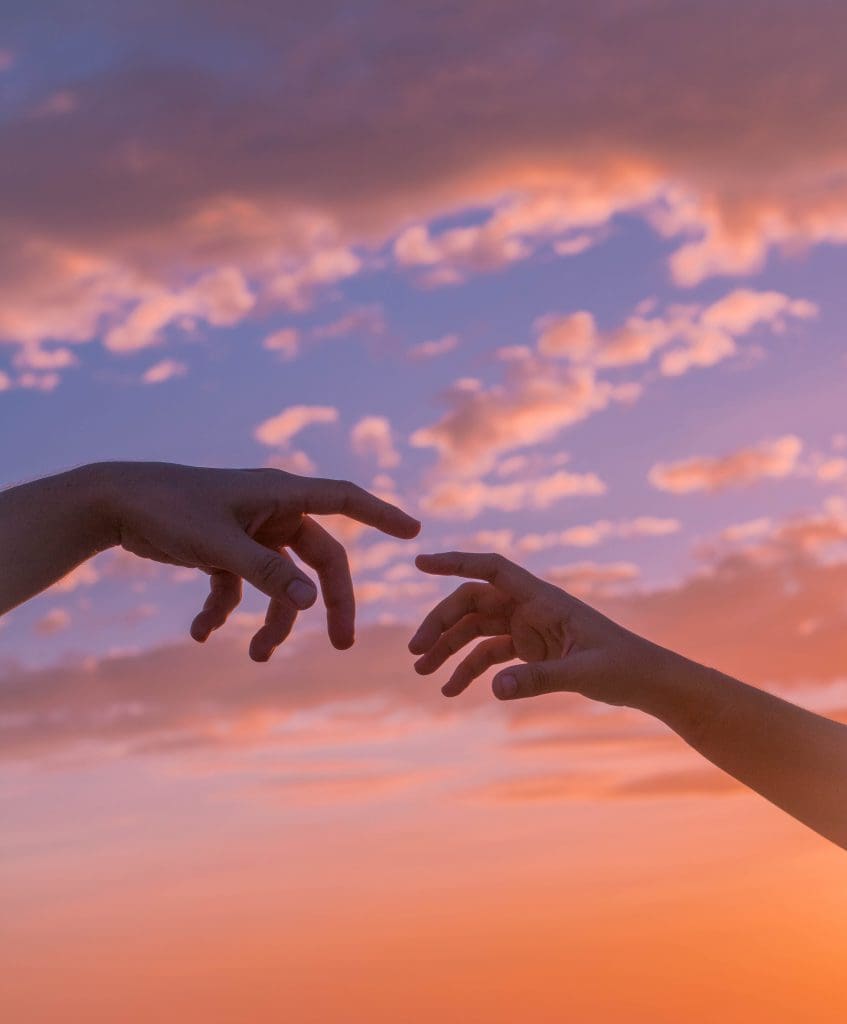



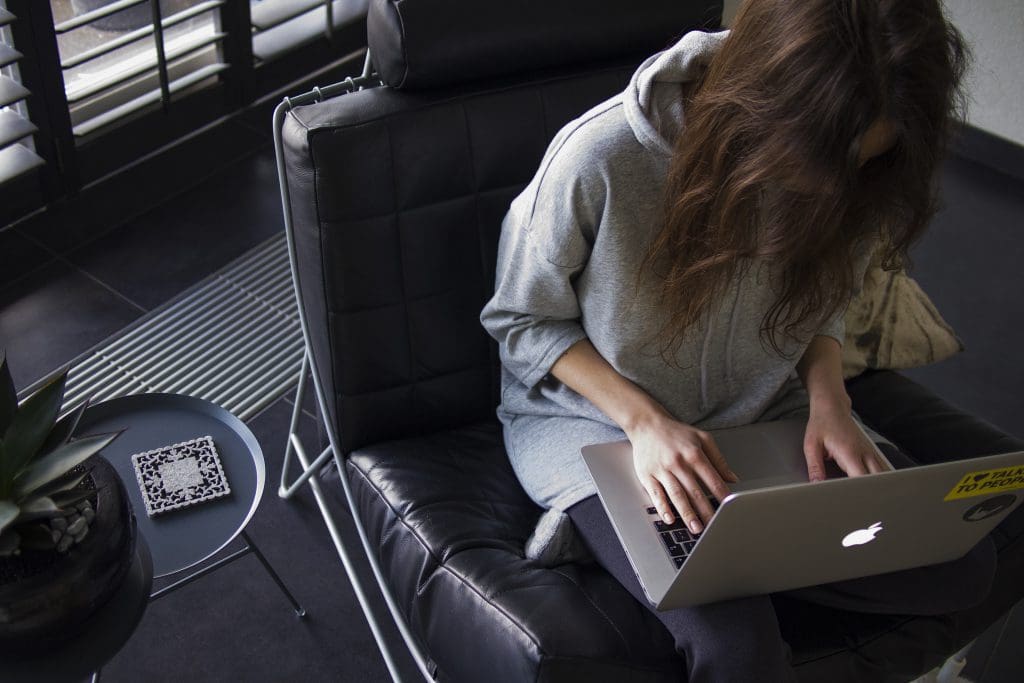
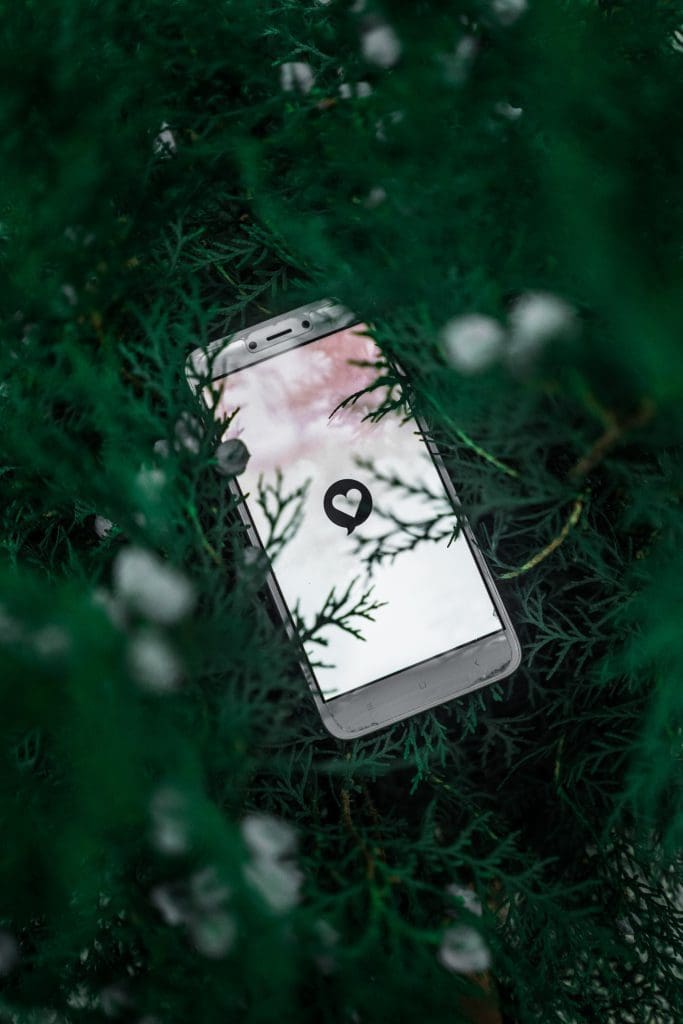

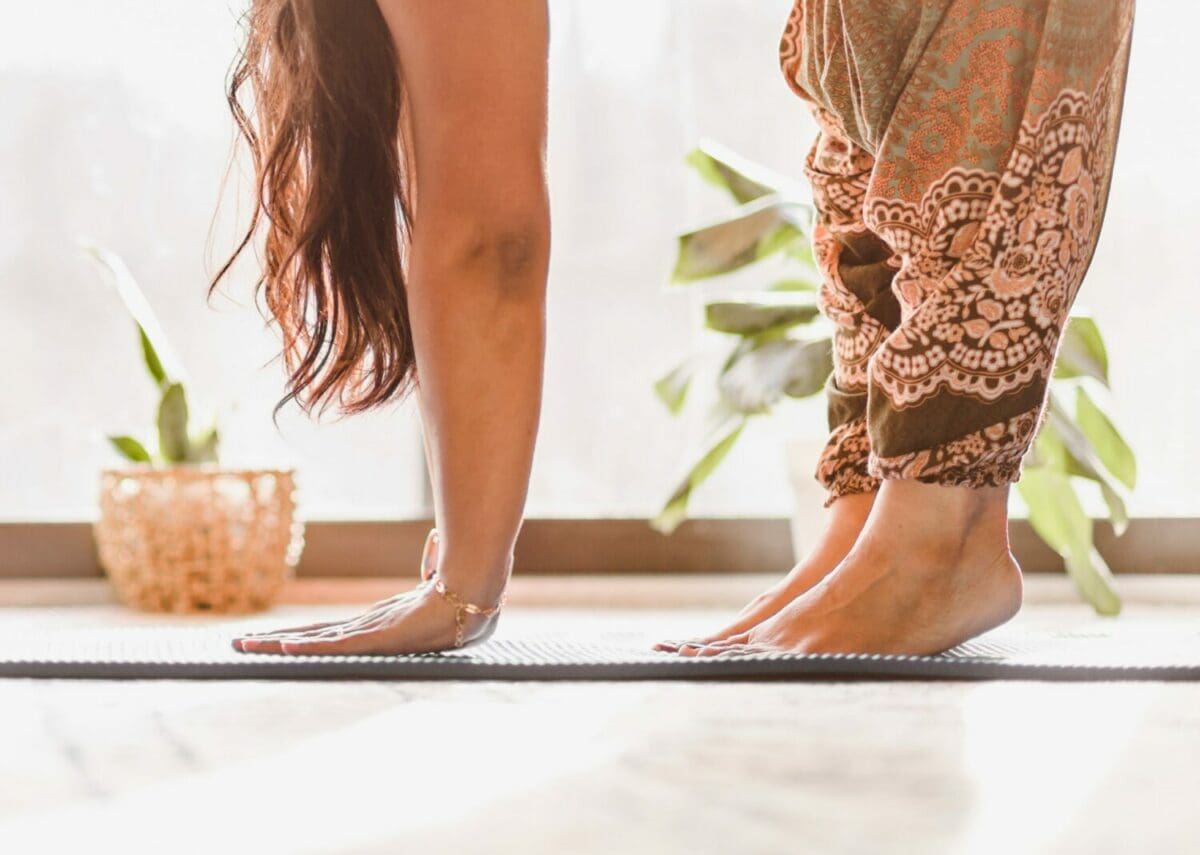
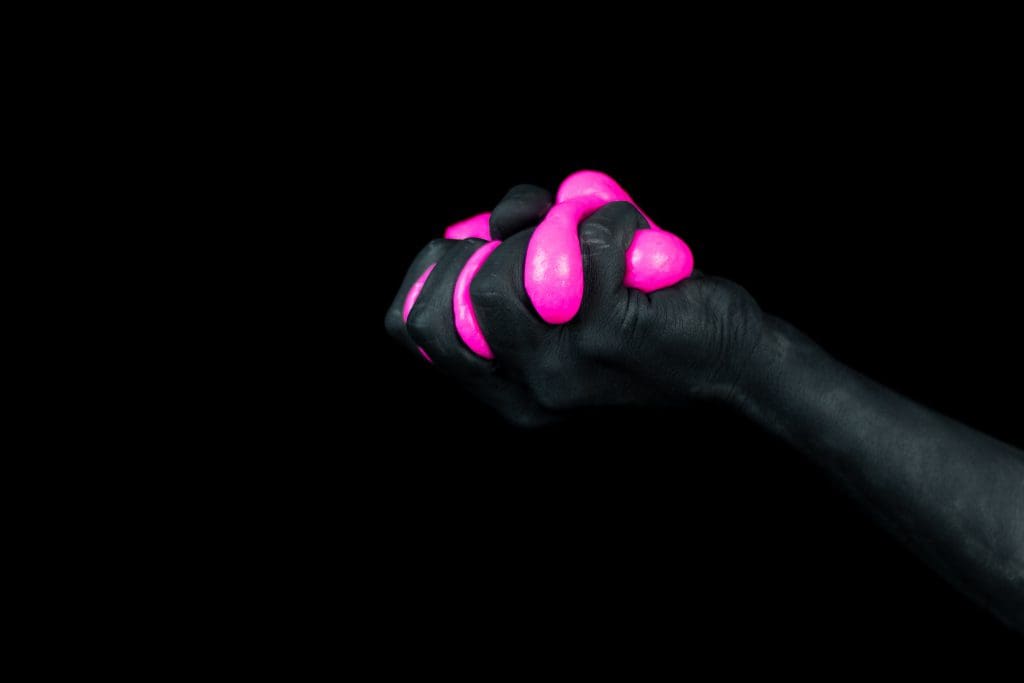

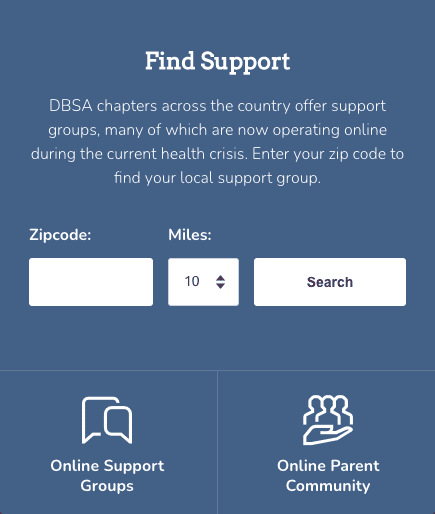

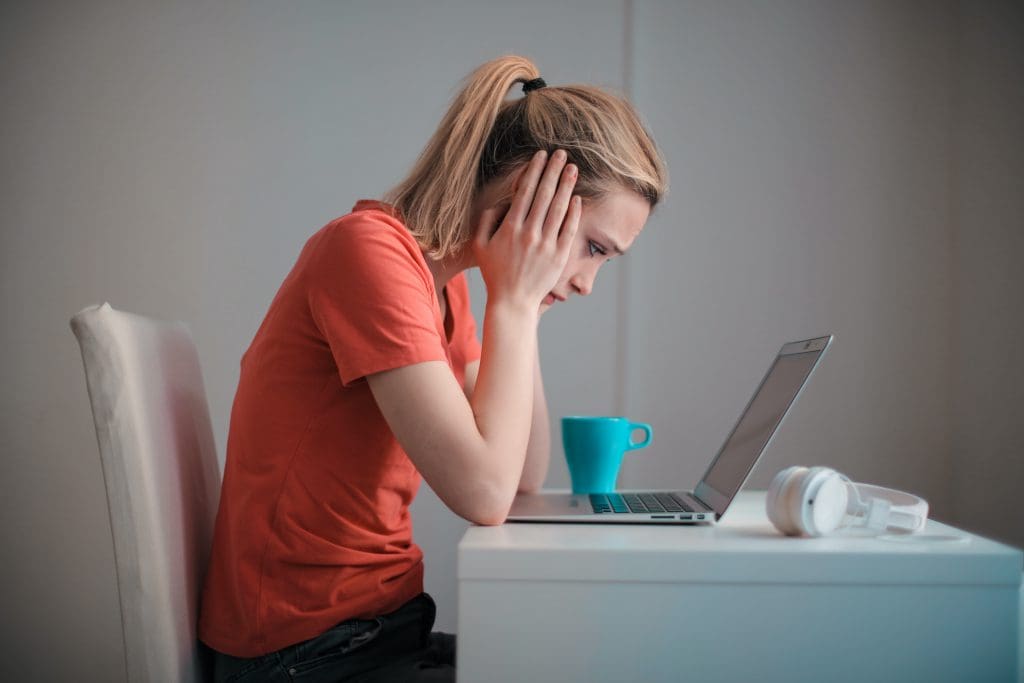
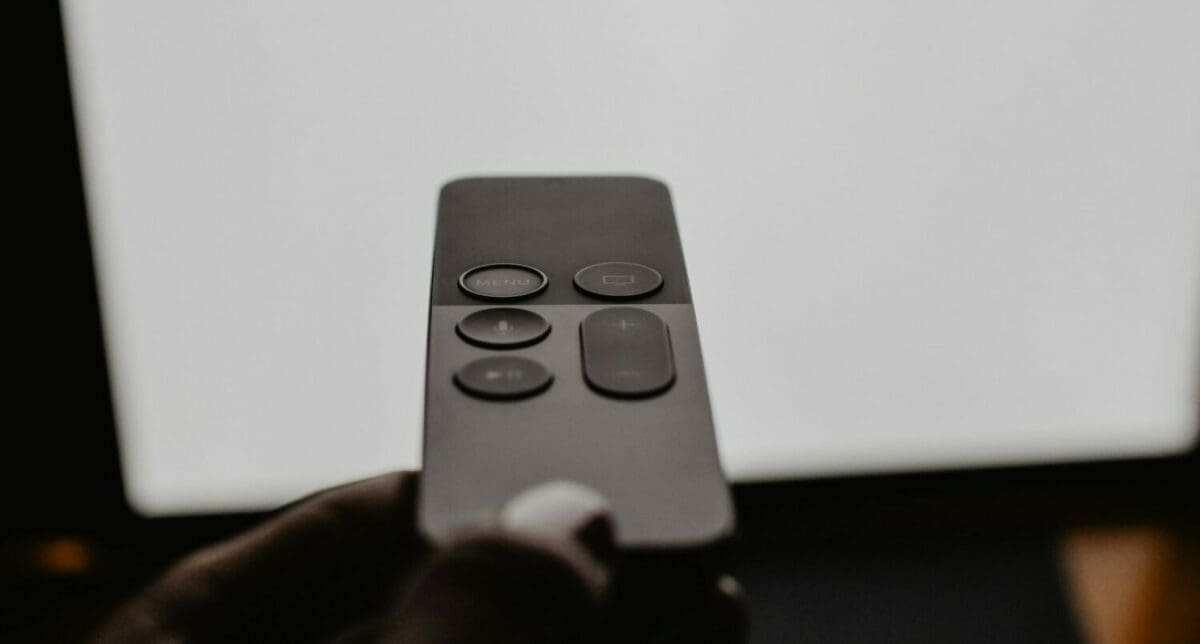
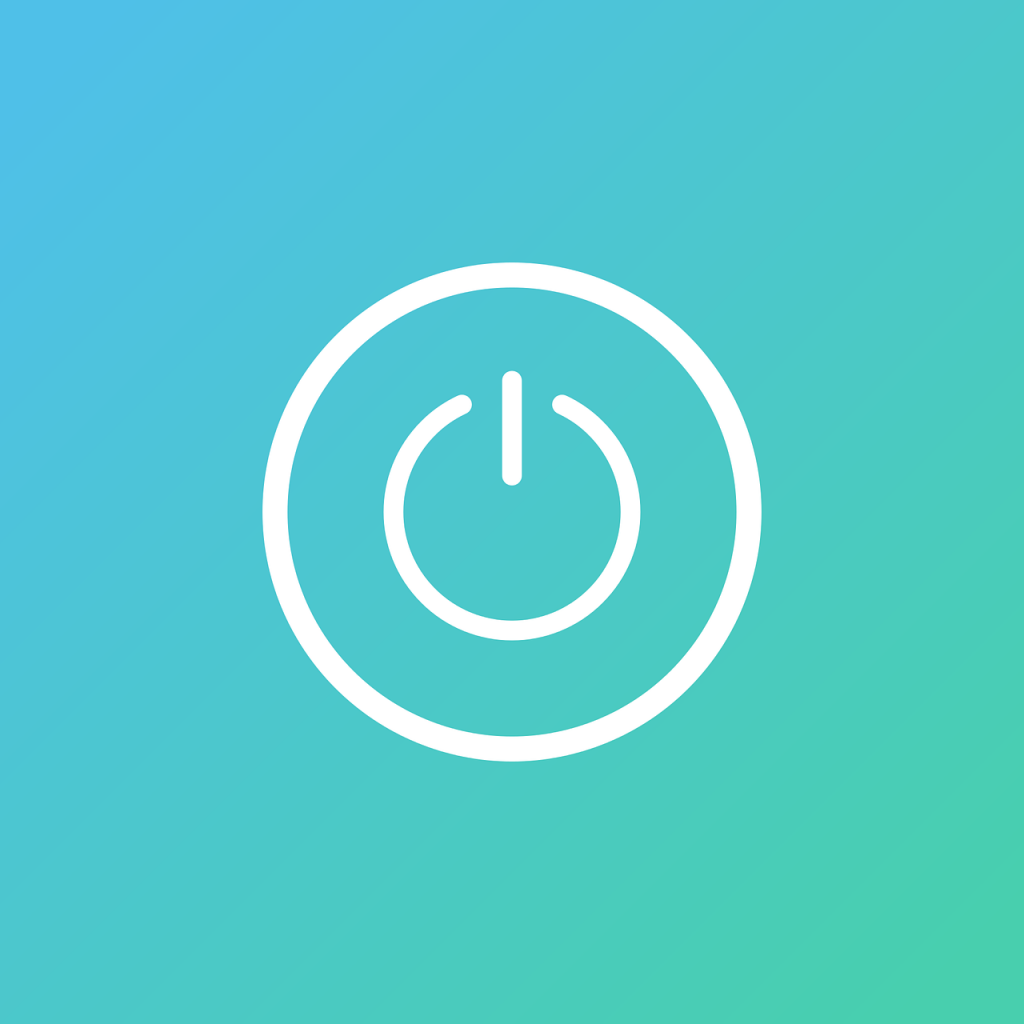
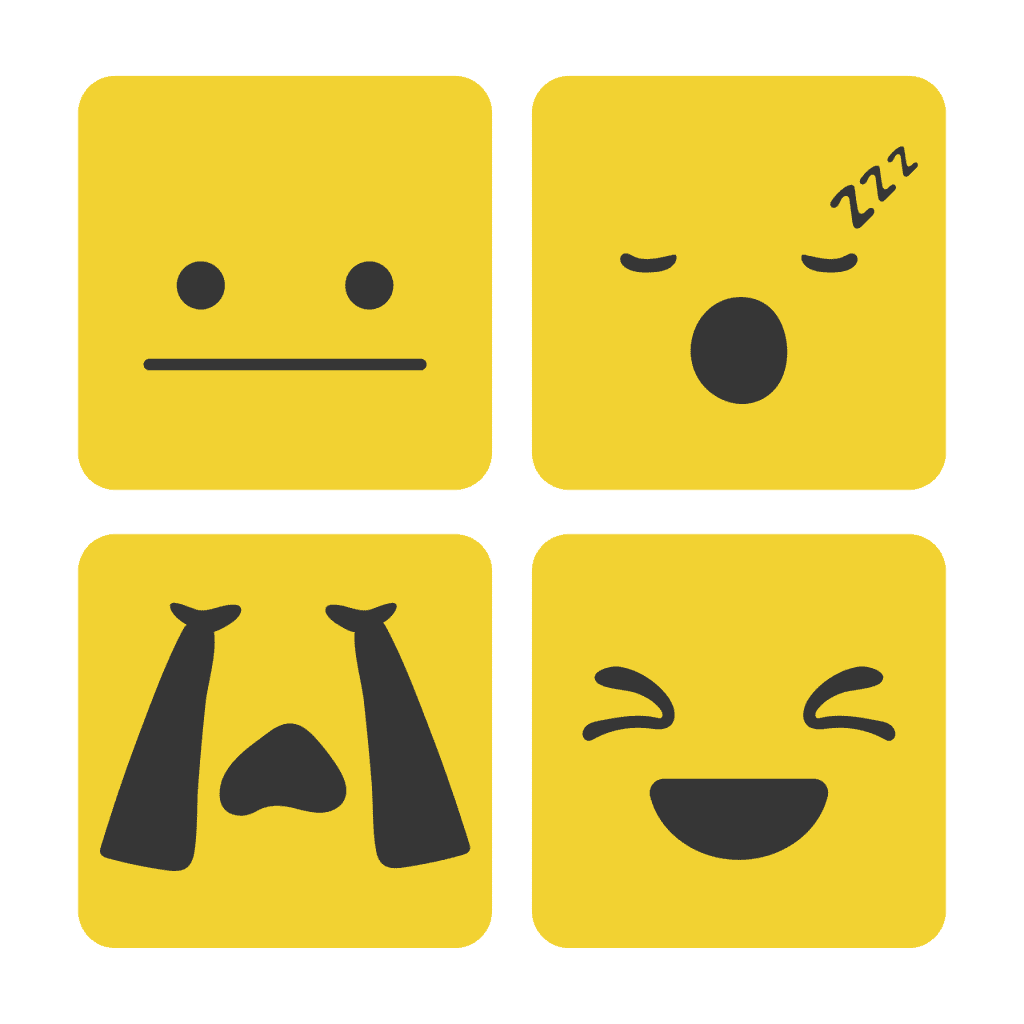
Recent Comments